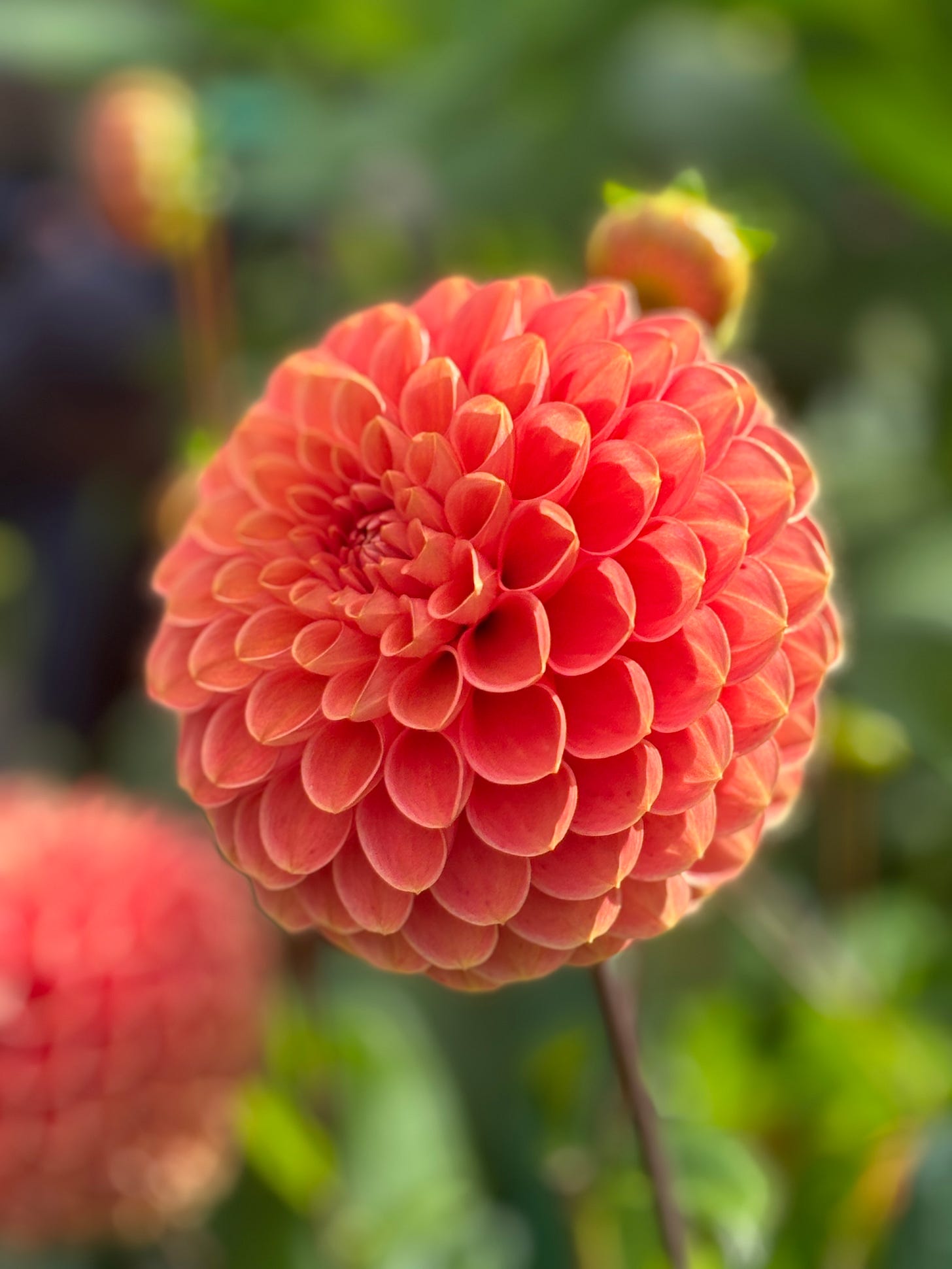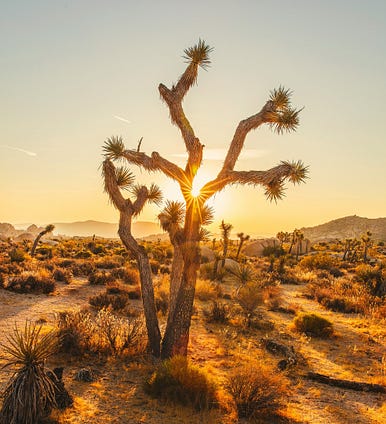Thursday, October 17, 2024
Theologian Elizabeth Johnson shows how our understanding of creation has evolved since Genesis:
Ancient biblical writers, imbued with faith in God’s creative power, described poetically how God stretched out the heavens, laid firm the foundations of the land, gave the sea instructions to stay within its bounds. Their model of the cosmos put an unchanging Earth at the center with the sun, moon, and other heavenly bodies circling around it under the dome of the sky, which is actually the way things appear to the unaided human eye.
Many centuries later we have a different understanding. Scientific discoveries have led us to see the heavens and the earth as the still-unfinished result of natural processes…. Since life began on this planet more than 3.5 billion years ago, different species of plants and animals have evolved in sync with this changing environment, emerging and disappearing….
The Bible with its belief in a Creator who makes heaven and earth and all that is in them was written centuries before this modern knowledge developed and should not be expected to possess it. What remains constant for faith, whatever model one uses to envision Earth, is the religious intuition that the living God has an ongoing creative relationship with land, sea, air, and their inhabitants that enables their existence and actions.
Johnson invites us to think of God as Creator through a broad lens:
The ambling character of life’s evolutionary emergence over billions of years … is hard to reconcile with a simplistic idea of God the Creator at work…. Best to let go of the idea of God as a monarch acting upon other beings. Move your mind in the direction of the living God who is infinite holy mystery. Sit with the truth that our finite minds cannot comprehend the One who is infinite; our finite hearts cannot grasp love without limit. Look toward God not as an individual actor within the range of creatures but as the unimaginable personal Source of all beings, the very Ground of being, the Beyond in our midst, a generative ocean of love, Creator Spirit. Then begin to realize that the power of the Creator Spirit is not exercised as raw power-over but as love that empowers-with. God’s creative activity brings into being a universe endowed with the innate capacity to evolve by the operation of its own natural powers, making it a free partner in its own creation.
Expanding our view of the living God along the lines of the paradigm of the lover opens a way to respect the genuine autonomy of nature’s operation and the freedom of creatures’ behavior that the Creator God makes possible….
As God’s good creation, the world becomes a free partner in its own becoming while the Creator enables its existence at every moment. To put this succinctly, God creates the world by empowering the world to make itself. Far from compelling the world to develop according to a pre-designed plan, the Spirit continually calls it forth to a fresh and unexpected future.
____________________________________________________________________
Sarah Young Jesus Calling
Jesus Calling: October 17th, 2024
Anxiety is a result of envisioning the future without Me. So the best defense against worry is staying in communication with Me. When you turn your thoughts toward Me, you can think much more positively. Remember to listen, as well as to speak, making your thoughts a dialogue with Me.
If you must consider upcoming events, follow these rules: 1) Do not linger in the future, because anxieties sprout up like mushrooms when you wander there. 2) Remember the promise of My continual Presence; include Me in any imagery that comes to mind. This mental discipline does not come easily, because you are accustomed to being god of your fantasies. However, the reality of My Presence with you, now and forevermore, outshines any fantasy you could ever imagine.
RELATED SCRIPTURE:
Luke 12:22-26 (NLT)
Teaching about Money and Possessions
22 Then, turning to his disciples, Jesus said, “That is why I tell you not to worry about everyday life—whether you have enough food to eat or enough clothes to wear. 23 For life is more than food, and your body more than clothing. 24 Look at the ravens. They don’t plant or harvest or store food in barns, for God feeds them. And you are far more valuable to him than any birds! 25 Can all your worries add a single moment to your life? 26 And if worry can’t accomplish a little thing like that, what’s the use of worrying over bigger things?
Additional insight regarding Luke 12:22-34: Jesus commands us to not worry. But how can we avoid it? Only faith can free us from the anxiety caused by greed and covetousness. Working and planning responsibly is good; dwelling on all the ways our planning could go wrong is bad. Worry is pointless because it can’t fill any of our needs; worry is foolish because the Creator of the universe loves us and knows what we need. He promises to meet all our real needs but not necessarily all of our desires. Overcoming worry requires the following: (1) Simple trust in God, our heavenly Father. This trust is expressed by praying to him rather than worrying. (2) Perspective on your problems. This can be gained by developing a strategy for addressing and correcting your problems. (3) A support team to help. Find some believers who will pray for you to find wisdom and strength to deal with your worries.
Ephesians 3:20-21 (NLT)
20 Now all glory to God, who is able, through his mighty power at work within us, to accomplish infinitely more than we might ask or think. 21 Glory to him in the church and in Christ Jesus through all generations forever and ever! Amen.
Additional insight regarding Ephesians 3:20-21: This doxology – prayer of praise to God – ends Part 1 of Ephesians. In the first section, Paul describes the timeless role of the church. In Part 2 (chapters 4-6), he will explain how church members should live in order to bring about the unity God wants. As in most of his books, Paul first lays a doctrinal foundation and then makes practical applications of the truths he has presented.


